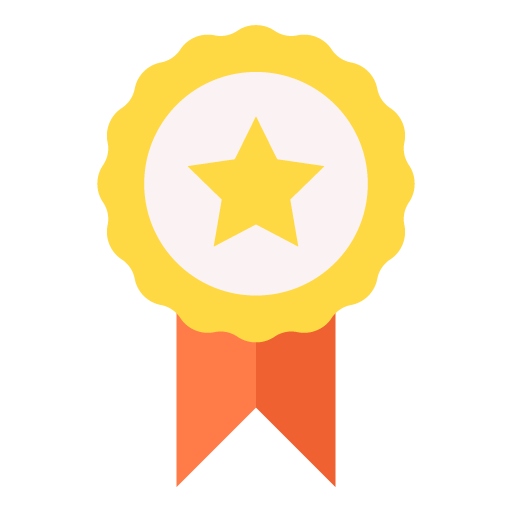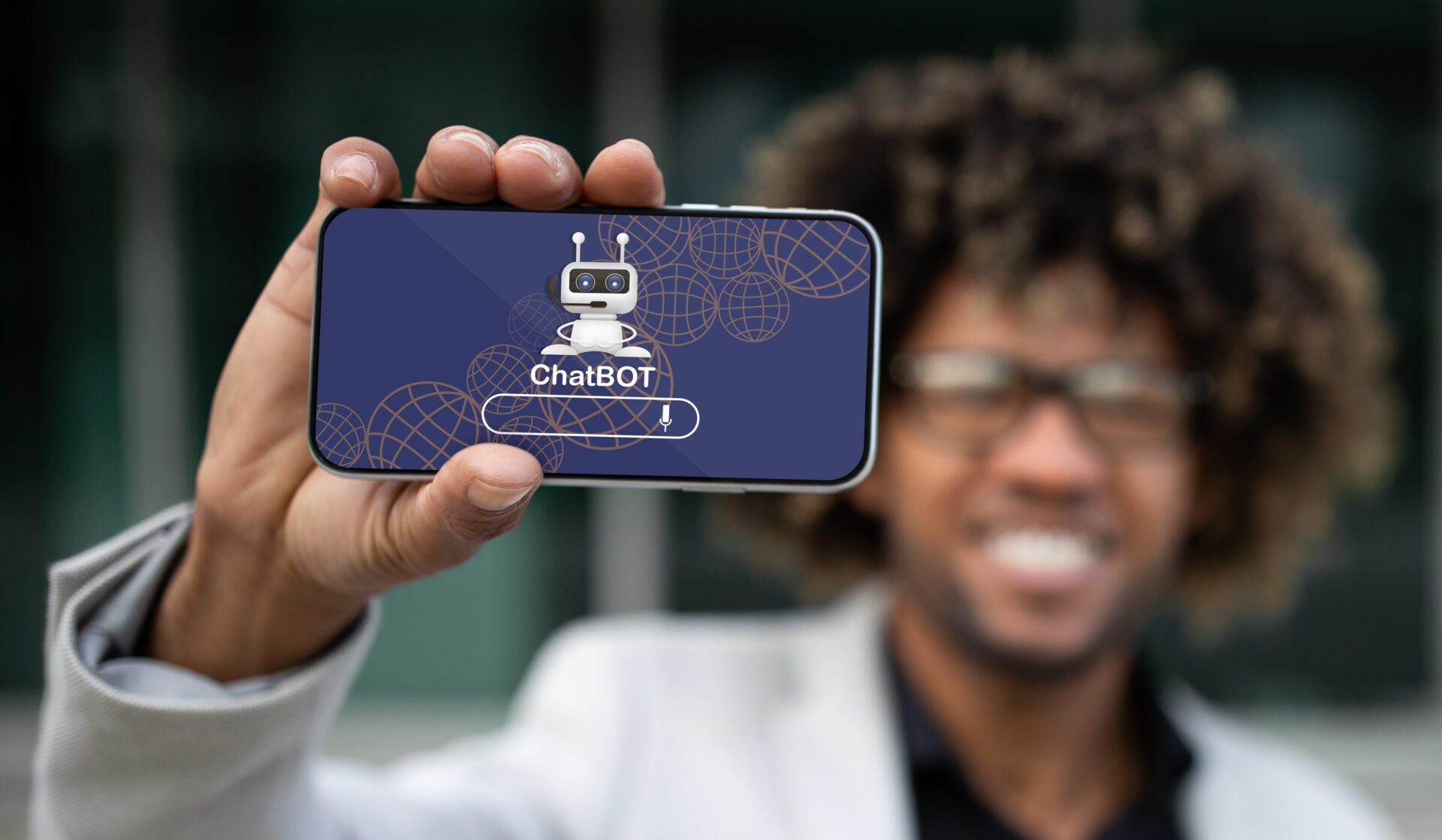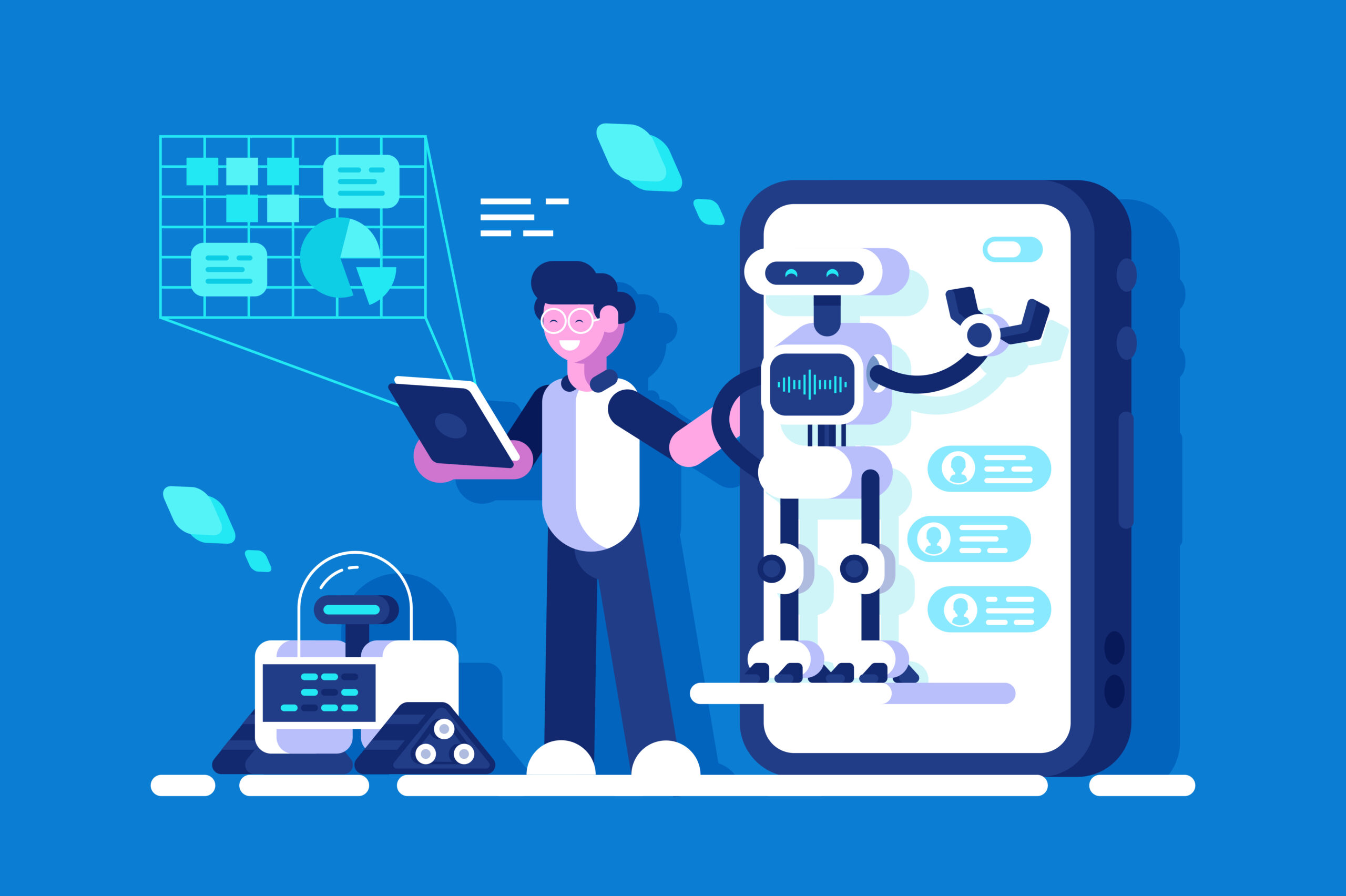Discover the Secret Behind Smarter, Safer Workspaces
The workplace is changing, and technology is at the center of this transformation. With the rise of ethical AI agents in the workplace, tasks are not only getting completed faster, but ethics and compliance training are also reaching new levels of efficiency. In today’s article, we will examine how AI agents are reshaping workplace ethics and enhancing training programs to create a more transparent and fair working environment. We will dive into exciting statistics, innovative strategies, and clear examples of how this technology is impacting businesses globally. If you own a small or medium-sized business, you will discover the unique benefits of relying on AI, such as the benefits offered by our very own platform, noem.ai.
Key Points
-
Employee Efficiency
-
Operational Improvements
-
Ethical AI Training
-
Bridging the Trust Gap
-
Human-AI Collaboration
-
Adoption and Integration
The Impact of AI Agents on Employee Performance
Boosting Output and Effectiveness
AI agents continue to transform employee performance across industries. According to Thunderbit, 79% of employees believe AI assistants improve their work output and effectiveness. This increase stems from the automation of repetitive and routine tasks. Employees can then focus on creative, strategic, and client-focused work instead of manual processes.
Business owners using noem.ai benefit from AI agents that take on administrative and operational tasks. Delegating these responsibilities reduces cognitive load and helps teams perform at their best. The result is a workplace that values both efficiency and ethical execution.
Reducing Errors and Enhancing Satisfaction
Teams that integrate AI into their workflows report fewer errors and higher satisfaction. By handling routine functions consistently, AI agents allow employees to spend time on tasks with greater impact. Even in industries that rely on repetition, AI shifts the workload toward areas that demand human judgment and creativity.
This shift not only improves output—it creates an inclusive work culture. Employees gain confidence knowing they’re supported by tools that align with ethical decision-making and organizational goals.
How AI Enhances Operational Efficiency and Ethics
One of the most visible changes brought by AI agents is in the realm of operational efficiency. For instance, many retail settings have seen a dramatic reduction in checkout times, paving the way for improved service and employee satisfaction. This efficiency is crucial, as it not only reflects on the productivity of the business but also on the ethical practices followed in delivering quality service (ref: McKinsey). By integrating AI-powered solutions from noem.ai, businesses ensure that their workflows are not only optimized but also ethically driven, keeping the human factor at the forefront while minimizing human error.
Operational efficiency in the realm of ethics training means that guidelines, policies, and best practices can be disseminated quicker and more effectively. Automated prompts and reminders help employees retain key compliance information, ensuring that vital ethical standards are observed consistently. With noem.ai, business owners can delegate daily tasks to AI agents, making sure that all stakeholders adhere to defined ethical guidelines while maintaining seamless communication. This practice not only simplifies operations but also builds a culture of accountability that resonates across all levels of the organization.
The Critical Role of Ethical AI Training
Effective training programs are the backbone of any thriving organization, and ethical considerations have become more important than ever. AI agents contribute greatly to the success of compliance training programs by offering consistent, clear, and unbiased instructions to employees. They help bridge the gap that sometimes exists between human trainers and team members, especially in understanding complex ethical guidelines (ref: Training Industry). With platforms like noem.ai, business owners can deploy AI agents to ensure that ethical training is not only thorough but also engaging and accessible to every employee.
-
Consistent Messaging: By using AI for ethics training, organizations can be assured of a consistent delivery of crucial compliance information. The training is standardized, leaving little room for discrepancies that may arise from manual human instruction. This results in a more effective learning environment that cultivates a solid sense of responsibility among employees. noem.ai reinforces these practices by offering an AI Agent Workforce designed to handle tasks and provide reliable, on-demand training resources.
-
Bias Mitigation: Ethical AI training involves addressing potential biases that may emerge during decision-making processes. AI agents can be fine-tuned to identify and reduce these biases, ensuring that ethical boundaries are maintained. This approach is especially important in workplaces where cultural diversity and varied perspectives need a balanced approach. When using noem.ai, businesses witness a transformation in traditional workflows, combining ethics with high operational standards.
-
Transparent Explanations: One key element of ethical training is understanding why a decision or guideline is important. AI agents, especially those with explainable capabilities, provide clear justifications for compliance measures. This transparency builds trust with employees who then feel confident and clear about the ethical standards to which they must adhere.
Bridging the Trust Gap Between AI and Humans
Despite all its benefits, there’s often a lingering concern about the trustworthiness of AI agents. Studies have revealed that 54% of workers remain skeptical about the accuracy of AI outputs, while 59% worry about potential biases in algorithmic decisions (ref: Macro4). This trust gap is a significant challenge that businesses must overcome for successful human-AI collaboration. By using platforms like noem.ai, companies can leverage advanced AI agents designed specifically to boost transparency and reliability in everyday processes.
-
Emphasizing Transparency: A major step in bridging the trust gap is to ensure that AI systems are transparent in their operations. When decisions are explainable in plain language, employees are more likely to trust the technology. This means that every decision taken by an AI agent comes with a clear rationale, which can be checked and understood at any point. noem.ai makes these innovations accessible to small and medium-sized business owners, promoting an environment where technology supports integrity and reliability.
-
User-Centered Design: Another essential factor is crafting AI systems with a focus on the end user. When employees are involved in the system design or at least when their feedback is actively sought, they are more inclined to trust the AI system. Platforms that prioritize user-centered design ensure that the technology is easily understood and effectively implemented in daily operations. With noem.ai, organizations have access to a platform that prides itself on aligning technological capabilities with user needs, thereby reducing the fear of opaque algorithmic decisions.
-
Reinforcing Security Measures: The incorporation of strict security protocols reassures users by safeguarding sensitive data and ensuring compliance standards are met. By securing AI processes, organizations can minimize risks, thereby reinforcing trust among employees. Security, combined with transparent operational practices, contributes to a comfortable work environment where AI and human collaboration thrive harmoniously. noem.ai has integrated robust security measures into its platform, ensuring that small and medium-sized business owners can delegate tasks with full confidence in data protection and ethical adherence.
Strategies for a Successful Collaboration
Effective collaboration between humans and AI agents is the key to unlocking maximum potential in modern workspaces. One of the standout strategies is the integration of AI into every facet of daily operations, including administrative tasks, compliance checks, and ethical training. When noem.ai equips owners with a full suite of delegable AI agents, the result is a smooth transition towards a smart, responsive workplace where humans and machines work in perfect synergy.
-
Constitutional AI Methodology: One of the latest approaches in AI ethics is the Constitutional AI methodology. This method instructs AI agents to decline harmful requests by adhering to a set of predefined ethical guidelines. In studies, this approach resulted in a 37% reduction in harmful outputs compared to baseline models overseen by human supervision (ref: Macro4). Such strategies ensure that the integration of AI remains secure and consistent with the organization’s core ethical values. This is a game-changer for companies using noem.ai as it gives business owners the reassurance that the AI agents in their workforce adhere to high ethical standards.
-
Explainable AI Agents: Human-AI collaboration improves significantly when the AI agents offer clear, understandable explanations for their decisions. Explainable AI helps reduce any frustrations or uncertainties that employees might face when interacting with advanced technology. This method creates an environment of mutual understanding where machine decisions are demystified. noem.ai uses these principles to build a reliable and professional platform that small and medium-sized business owners can trust with their daily task delegation.
-
Seamless Integration: The best results come when AI agents correctly integrate into existing workflows. Research indicates that nearly 75% of workers have already embraced AI tools in some form as part of their daily operations (ref: AIPRM). By ensuring that AI synchronization is smooth and fits naturally with current systems, organizations foster a culture of constant improvement and compliance. Teams can better adapt to technological changes when the switch is seamless, and noem.ai stands as an ideal example of such integration for small and medium-sized enterprises.
-
Continuous Feedback and Updates: A thriving human-AI partnership requires ongoing dialogue. Regular feedback from employees and stakeholders helps refine the AI agents and their operations over time. This iterative process not only fixes any issues but also ensures that the AI remains aligned with the ethical goals of the organization. noem.ai places a strong emphasis on continuous improvement, ensuring that their AI Agent Workforce evolves with the needs of the modern business landscape.
AI Adoption and Future Prospects in Workplace Ethics Training
The integration of AI in workplace ethics and compliance training is not just a passing trend; it is here to stay. With various studies highlighting that nearly three quarters of workers have already implemented some form of AI in their daily operations, the adoption is only set to grow (ref: AIPRM). This increased adoption is driven by the need to streamline not only business processes but also to meet the dynamic challenges of ethical compliance in the digital era.
AI agents, when built and managed under strict ethical standards, offer an unprecedented opportunity to promote fairness, transparency, and accountability. Their role in addressing compliance issues and reinforcing standards cannot be understated. The approach is dynamic, ensuring that ethical training is not a one-time event but an ongoing commitment to excellence.
-
Widespread Adoption: There has been a surge in the use of AI for daily task management and compliance training. The sheer pace of adoption signals a shift in how all industries approach routine and administrative tasks. Businesses report improved consistency in policy adherence due to automated reminders and on-demand training modules. noem.ai recognizes this trend and has positioned itself as a leader, offering an all-in-one AI Agent platform tailored for small and medium-sized businesses.
-
Scalability and Flexibility: An outstanding feature of modern AI systems is their ability to scale with the company’s growth. As businesses expand, AI agents can be easily integrated with minimal disruption. This scalability is coupled with a flexibility that allows the AI to adapt to changing ethical regulations and industry standards.
-
Data-Driven Insights: The confluence of AI and ethical training also provides organizations with invaluable insights into employee behavior and training efficacy. Data collected in real-time helps pinpoint areas that need improvement and reinforces strengths. Detailed analytics empower managers and decision-makers to create more effective and targeted training strategies.
-
The Future of Ethics Training: As technology evolves, the potential for AI in ethics training is boundless. Emerging innovations in natural language processing and machine learning will help create even more personalized and interactive training experiences. This vision for the future underscores the importance of starting early with robust AI solutions that adapt over time.
Are you ready to elevate your workplace with smart and ethical AI agents? How will your business embrace the power of AI to foster transparency and compliance in daily operations? Explore the future with a trusted partner like noem.ai and see how effortless task delegation can transform your work culture. Join the conversation and share your thoughts on the role of AI in making workplaces safer, fairer, and smarter!
















